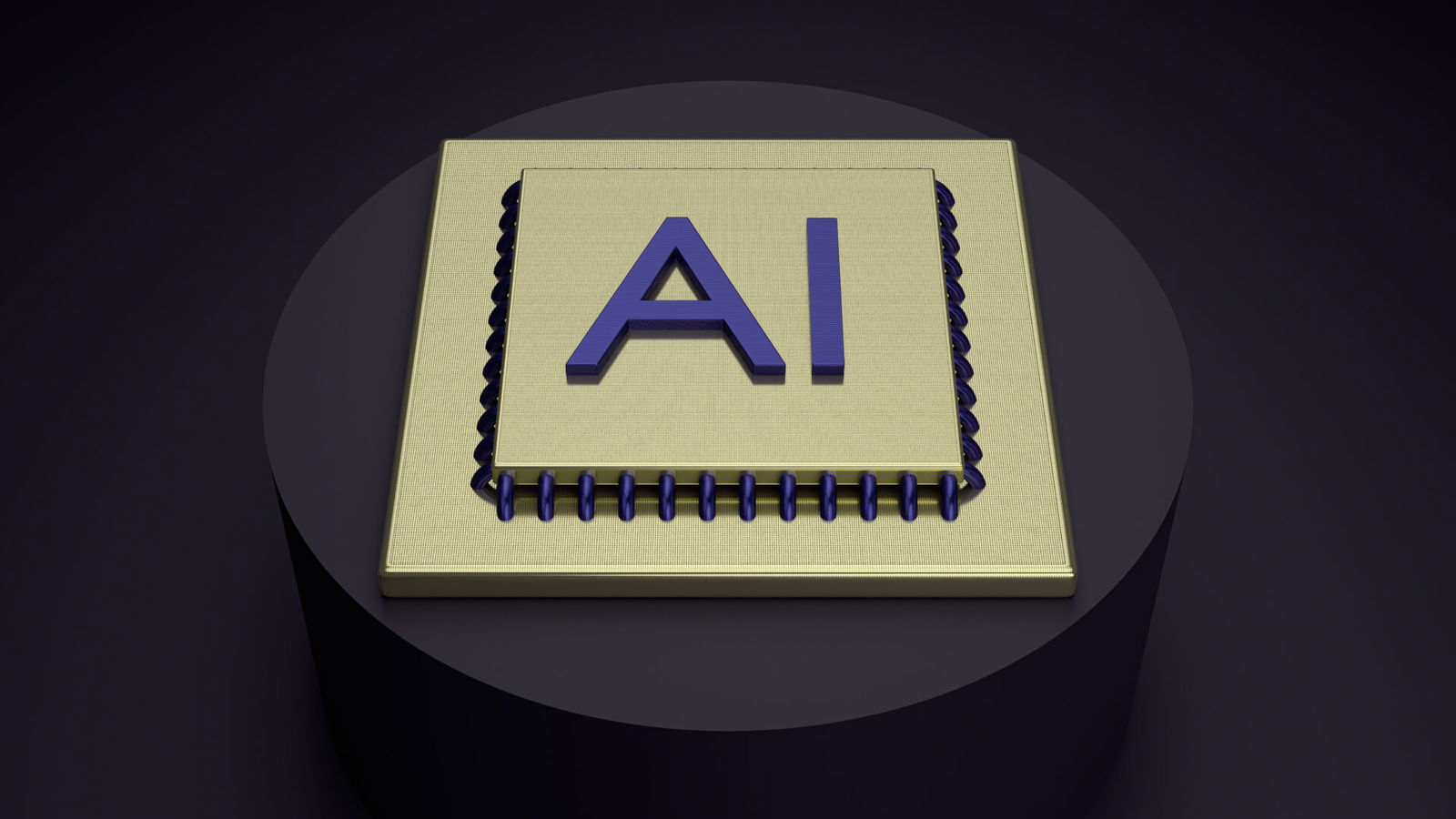
By Kayla DeKraker
How do Americans really feel about AI?
A new study from Pew Research, “How Americans View AI and Its Impact on People and Society,” found that more people are worried about the tech’s dangers than excited about its benefits.
Out of over 5,000 people surveyed, “53% say AI will worsen people’s ability to think creatively, compared with 16% who say it will improve this. An identical share (16%) says AI will make this skill neither better nor worse.”
Another category surveyed looked at AI’s ability to help people “form meaningful relationships with other people,” to which 50% of participants said they believe it makes things worse. Only 5% think AI improves that ability.
Not only do people no longer believe AI is helpful, but they are growing “more concerned.”
Related: Artificial Intelligence ‘Does More Harm Than Good’ in the Classroom
The study found that “50% say they’re more concerned than excited about the increased use of AI in daily life, up from 37% in 2021.” Only 10% are “more excited that concerned.”
“Most Americans don’t want AI playing a role in personal matters such as religion (73% against) or matchmaking (66%),” the group said on Instagram. “However, they’re more open to at least a small role for AI in heavy data analysis, such as for weather forecasting (74%) and searching for financial crimes (70%).”
People in the comment section echoed Pew’s findings.
“I would be less concerned if AI were not being foisted on us without our permission. If this is so great for us – as the tech bros claim – then why weren’t consumers given a choice? 🤔” one user asked. Another person added that they are “More concerned than excited, but I’m not totally against it.”
As AI advances, people have grown more cautious, especially as some start to turn to chatbots to fill an emotional void.
“When you look at the science, it’s very clear that our relationships with others and adolescents are actually some of the strongest predictors we have, not just for happiness and satisfaction, but for our salaries, our health, even our mortality is based on the quality of our adolescent social relationships 40 years earlier,” said Dr. Mitch Prinstein, Chief of Psychology Strategy and Integration for the American Psychological Association, at a Judiciary Subcommittee Hearing with Alabama Senator Katie Britt.
However, Prinstein explained, lasting friendships built in adolescence are now being replaced with AI: “We’re swapping out human relationships for relationships with a robot, and the bot is programed to trick people into thinking that they feel, that they care, that they have a relationship with them…This is a crisis for our species.”
AI isn’t going anywhere, so setting up boundaries, especially for children, is crucial.
“Engage in open conversations, educate on responsible digital citizenship, promote online skepticism, set clear boundaries, use privacy settings, monitor online activities and report suspicious activity,” the Child Rescue Coalition urges.
Just like anything online, it is important to be on guard and careful so that AI use doesn’t become harmful or problematic.
Read Next: Christians More Suspicious of Artificial Intelligence, New Survey Reveals
Questions or comments? Please write to us here.



 - Content:
- Content: 

